Nothing to do with MMA – sorry – however, I thought this would be very useful for educating the kids whilst going on one of our very common walks in the woods and countryside. It’s also interesting for me to find out and have a future reference.
Most Common UK Trees
European ash
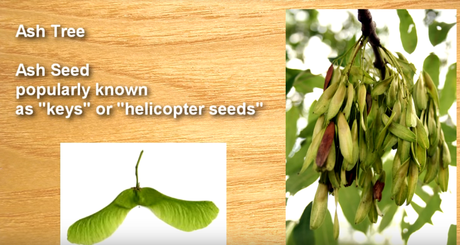
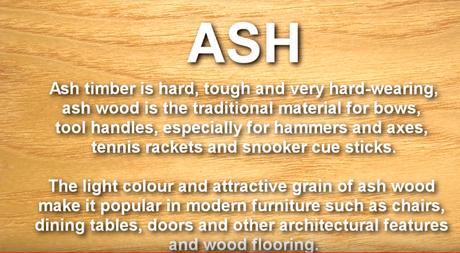
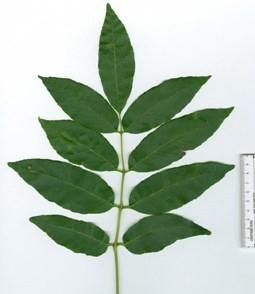
Aspen – Populus Tremula
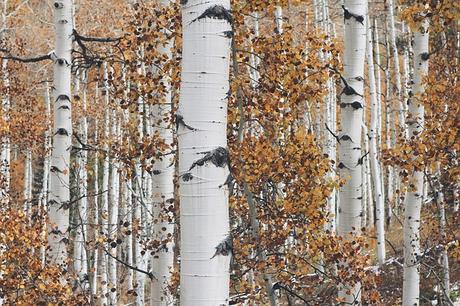
The leaves are easily damaged by sunlight.
The top leaves move a lot, so the lower leaves get their fair share of sunlight
The trees can be interconnected underground – the same tree is effectively produces several trees all connected together.
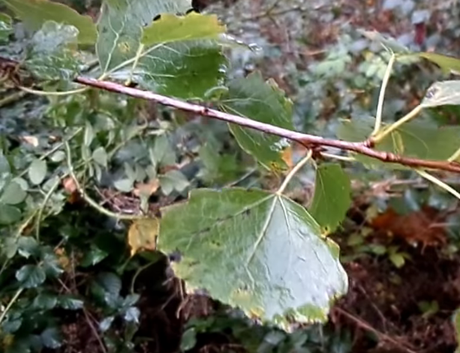
Silver Birch – Betula Pendula
Birch can live to about 80 years old.
The bark sheds layers, like skin
Leaves are small and triangular with a toothed edge.
Prefer light, dry and acidic soils.
Sessile Oak – Quercus Petraea
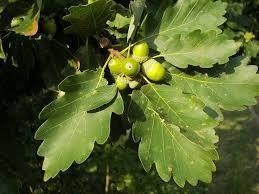
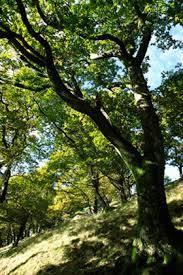
Unlike the English Oak, the sessile oak does not have stalks on its acorns.
These trees can be identified by their lobed shaped leaves and their acorns.
The greyish bark of this oak, used to be used in leather tanning industries.
Sweet Chestnut – Castanea Sativa
Sweet chestnut are completely different to horse chestnut, so don’t get them confused.
The easiest way to identify a sweet chestnut is by it’s big, bold, spear-shaped leaves.
The leaves have a serrated edge, like Rambo’s knife
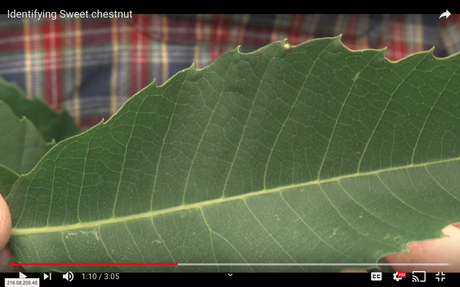
It also produces chestnuts!
Horse Chestnut
The tree with conkers!
Scot’s Pine
Scotland’s National Tree

